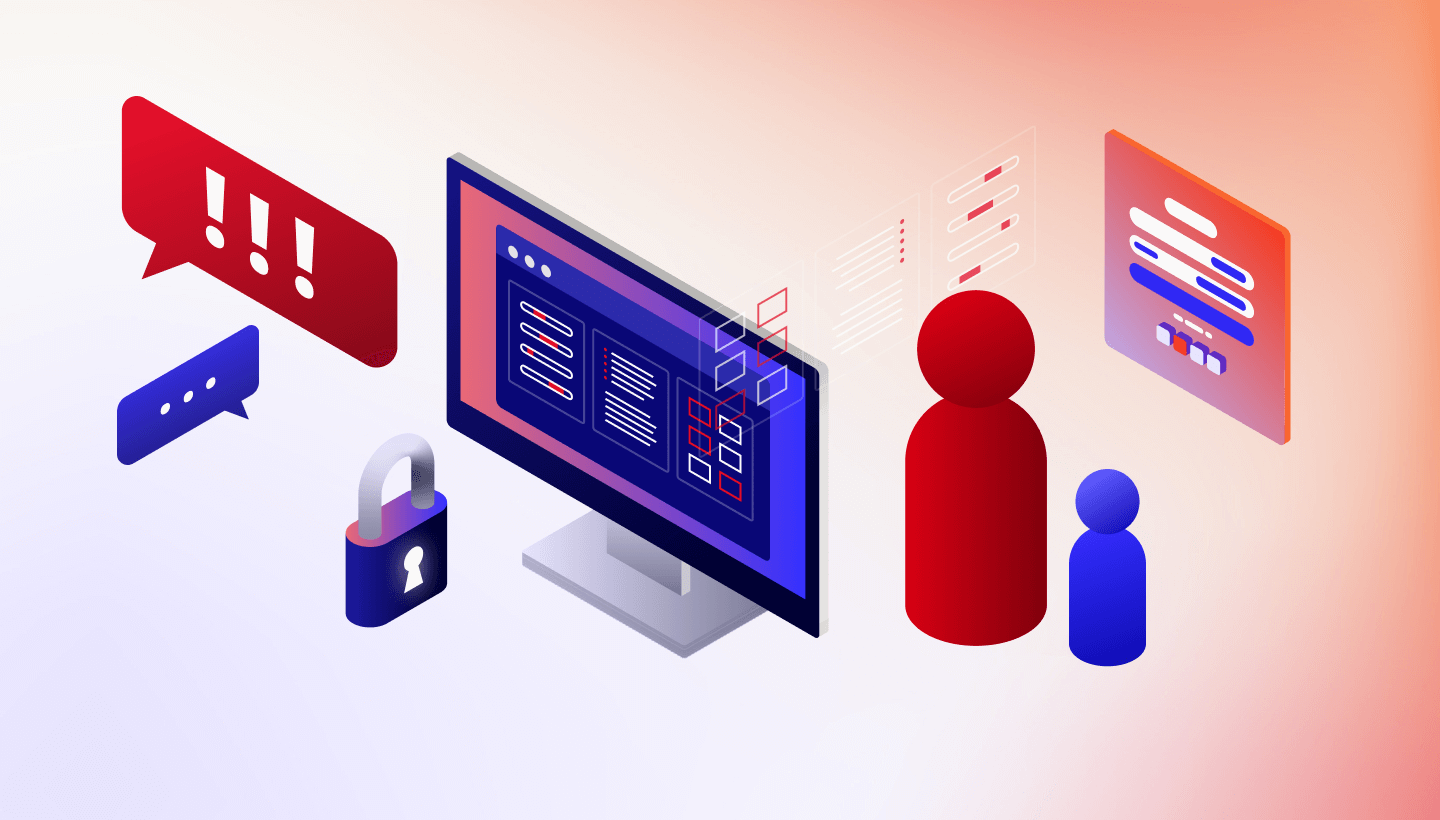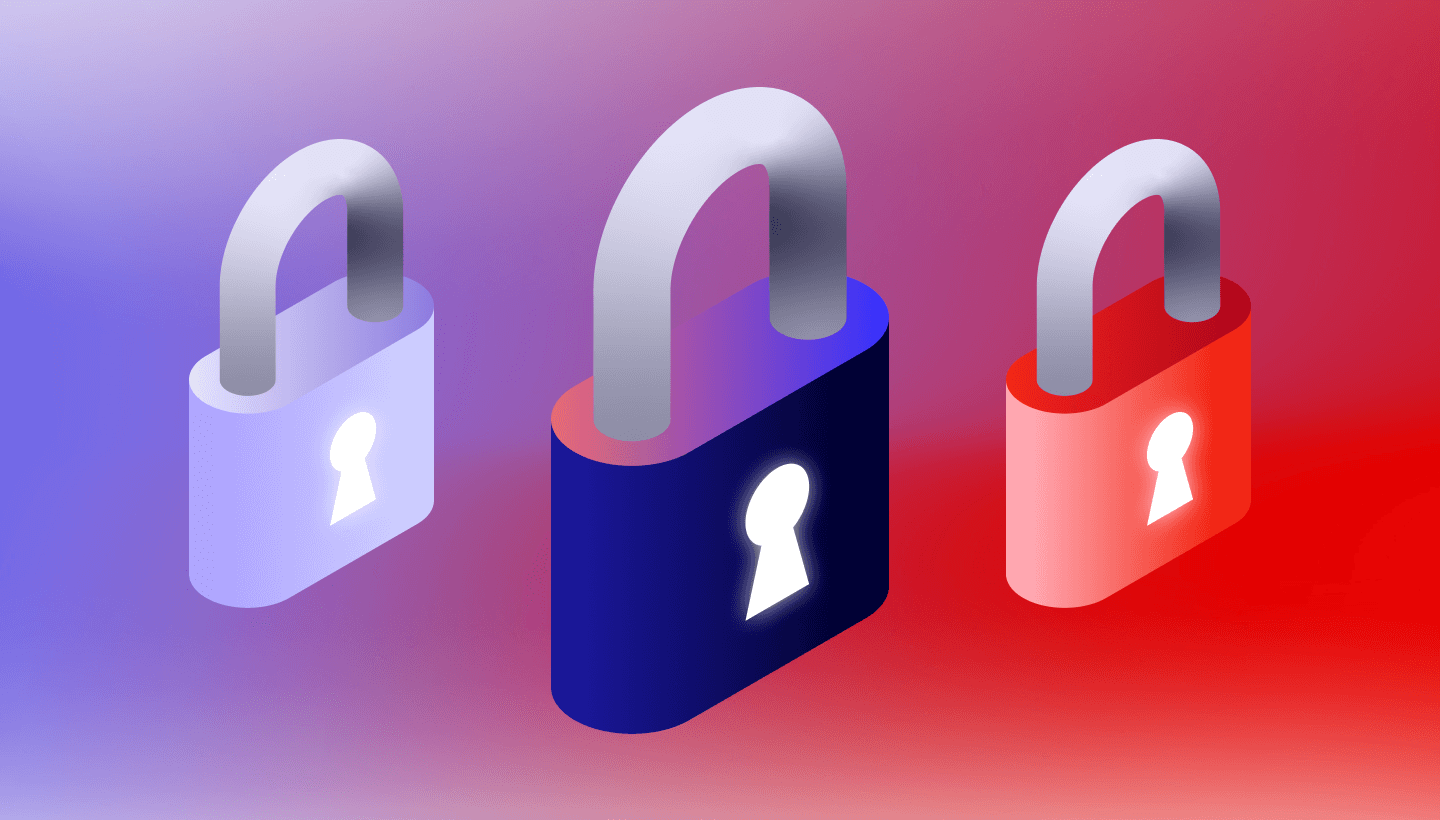
If you’re like me, you can hardly wait for summer to be here. Summer is the time to get outdoors, go swimming, hang out with friends, and enjoy the weather. For many, it’s also a time for graduations, weddings, vacations, visiting family, and grilling in the backyard.
We’re likely to take more photos and go places we haven’t been before. And we take along all our portable gadgets, especially our cameras, phones, and digital music devices.
Unfortunately, being on the move means that the data on our digital devices is more susceptible to loss. We’re often not as careful backing up that data or even keeping track of the devices themselves. Perhaps you’ve had the sad experience of getting back home after a family reunion, company picnic, or vacation and discovering that your phone or camera didn’t make it all the way home with you.
With just a little planning and a few simple practices, you can be certain that your digital memories will last far beyond summer.
Keep All Those Summer Memories Safe
Before summer is actually here, it’s good to review some tips to make sure that all those great memories you create will be with you for years to come.
Summer Data Backup Tips
Even if your devices are lost or stolen, you’ll be able to recover what was on them if you back them up during your trip. Don’t wait until you get home — do it regularly no matter where you are. It’s not hard to make sure your devices are backed up; you just need to take a few minutes to make a plan on how and when you’re going to back up your devices.
Have somewhere to put your backup data, either in the cloud or on a backup device that you can keep safe, give to someone else, or ship home
If You Have Access to Wi-Fi
-
- If your devices are internet-ready, you can back them up to the cloud directly whenever you’re connected.
- If you don’t have access to Wi-Fi, you can back up your devices to a laptop computer and then back up that computer to the cloud.
Note: See Safety Tips for Using Wi-Fi on the Go, below.
If You Don’t Have Access to Wi-Fi
If you don’t have access to Wi-Fi, you can back up your devices to a USB thumb drive and carry that with you. If you put it in luggage, put it in a piece of luggage different than where you carry your devices, or give it to a family member to put in their bag or luggage. To be extra safe, it’s easy and inexpensive to mail a thumb drive to yourself when you’re away from home. Some hotels will even do that for you.
Make Sure Your Devices Get Home With You
You want to be careful with your devices when you travel.
- Use covers for your phone and cameras. It helps protects them from physical damage and also discourages robbers who are attracted to shiny things. In any case, don’t flash around your nice mobile phone or expensive digital camera. Keep them out of sight when you’re not using them.
- Don’t leave any of your digital devices unprotected in an airport security line, at a hotel, on a cafe or restaurant table, beside the pool, or in a handbag on the floor or hanging from a chair.
- Be aware of your surroundings. Be especially cautious of anyone getting close to you in a crowd. Common ruses include someone surreptitiously spilling or squirting something on you and then helping to clean it off, or brushing up against you with a blanket or clothing hiding their hands.
- It seems silly to say, but keep your devices away from all forms of liquid.
- If available, you can use a safe in the hotel room or at the front desk to protect your devices when you’re not using them.
Water and Tech Don’t Mix
I love being near or in the water, but did you know that water is the most common cause of damage to digital devices? We should be more careful around water, but it’s easy for accidents to happen. And in the summer they tend to happen even more.
Safety Tips for Using Wi-Fi on the Go
Public Wi-Fi networks are notorious for being places where nefarious individuals snoop on other computers to steal passwords and account information. You can avoid that possibility by following some easy tips.
- Before you travel, change the passwords on the accounts you plan to use. Change them again when you get home. Don’t use the same password on different accounts or reuse a password you’ve used previously. Password managers, such as BitWarden, 1Password, or LastPass make handling your passwords easy.
- Turn off sharing on your devices to prevent anyone obtaining access to your device.
- Turn off automatic connection to open Wi-Fi networks.
- Don’t use the web to access your bank, financial institutions, or other important sites if you’re not 100% confident in the security of your internet connection.
- If you do access a financial, shopping, or other high risk site, make sure your connection is protected with Secure Socket Layer (SSL), which is indicated with the HTTPS prefix in the URL. When you browse over HTTPS, people on the same Wi-Fi network as you can’t snoop on the data that travels between you and the server of the website you’re connecting to. Sites that ask for payment or confidential information should use SSL. If they don’t, stay away.
- If you can, set up a virtual private network (VPN) to protect your connection. A VPN routes your traffic through a secure network even on public Wi-Fi, giving you all the protection of your private network while still having the freedom of public Wi-Fi. This is something you should look into and set up before you go on a trip. Here are some tips for choosing a VPN.
If you’re a Backblaze Computer Backup customer, you can rest assured that your backups are encrypted on your computer before they’re transferred, so your backup files are protected no matter which network you use to send them to our cloud. Other data and credentials on your computing devices could still be at risk, however, so the above tips should be followed.
Share the Knowledge About Keeping Data Safe
You might be savvy about all the above, but undoubtedly you have family members or friends who aren’t as knowledgeable. Why not share this post with someone you know who might benefit from these tips? To email this post to a friend, just click on the email social sharing icon to the left or at the bottom of this post. Or, you can just send an email containing this post’s URL, https://www.backblaze.com/blog/protecting-your-data-when-traveling/.
And be sure to have a great summer!





